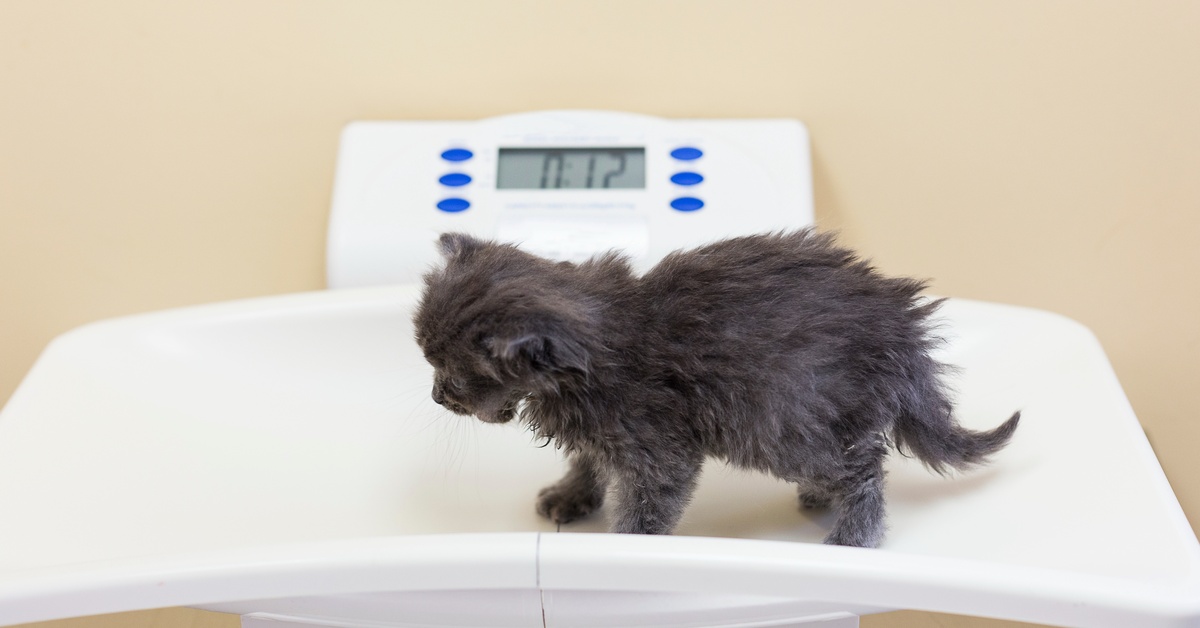Weight loss in animals can signal a range of underlying health issues, and catching it early often makes a critical difference in treatment outcomes. That’s why many clinics prioritize regular weight monitoring as part of their standard patient evaluations. Let’s uncover the four important reasons veterinarians check weight loss and explore how reliable monitoring can improve animal care in a clinical setting.
1. Detecting Early Signs of Disease
Unexplained weight loss is one of the most common early symptoms of illness in animals. Conditions such as diabetes, hyperthyroidism, cancer, and kidney disease often present with subtle changes in weight long before other symptoms appear.
By regularly checking an animal’s weight, veterinarians gain valuable insight into changes that others may not notice. Early detection allows for faster diagnosis and quicker intervention, which can drastically improve outcomes and quality of life for the animal. Weight trends, especially when tracked over time, can highlight internal issues that require a closer look.
2. Monitoring Recovery and Treatment Response
Once a veterinarian makes a diagnosis and sets a treatment plan, tracking weight becomes essential for evaluating recovery progress. Whether a pet must take medication, receive chemotherapy, or adjust to a special diet, their weight is a clear indicator of how their body handles the changes.
Sudden drops may signal complications, while slow, steady gains often show healing. Using a veterinary floor scale ensures consistent and accurate measurements across visits. Precision matters, especially for small or fragile animals, so dependable scales help eliminate guesswork during follow-ups and reassessments.
3. Ensuring Proper Nutrition
Nutritional balance plays a major role in animal health, especially for pets with special dietary needs, senior animals, or those recovering from illness. Veterinarians check weight regularly to confirm that a pet has the proper feeding plan.
If weight loss occurs, it might suggest poor nutrient absorption, incorrect portion sizes, or the need for a more calorie-dense food. This indicator is especially important in animals with food sensitivities or chronic conditions that affect digestion. Weight serves as an objective measurement that can prompt a necessary adjustment in diet before further complications arise.
4. Supporting Preventive Care and Long-Term Health
Regular weight monitoring also supports preventive care strategies. Routine check-ups that include weight tracking help establish a healthy baseline, making it easier to notice subtle fluctuations over time. This proactive approach encourages early conversations with pet owners about lifestyle, activity levels, and food choices.
Catching downward trends before they become alarming can help prevent more serious conditions from developing. For veterinarians, consistent weight tracking is about solving current problems and building healthier futures for the animals in their care.
Veterinary professionals rely on data to make informed decisions, and tracking body weight is one of the most accessible and reliable tools available. These four important reasons veterinarians check weight loss highlight just how vital this practice is to diagnostics, recovery, nutrition, and prevention.
With a dependable veterinary floor scale from Prime USA Scales and a focus on long-term wellness, clinics can provide responsive and proactive care. Contact us today for more information about our veterinary scales for sale. We’ll ensure you have the most accurate weighing capabilities and allow you to keep your animal patients at a healthy weight.
